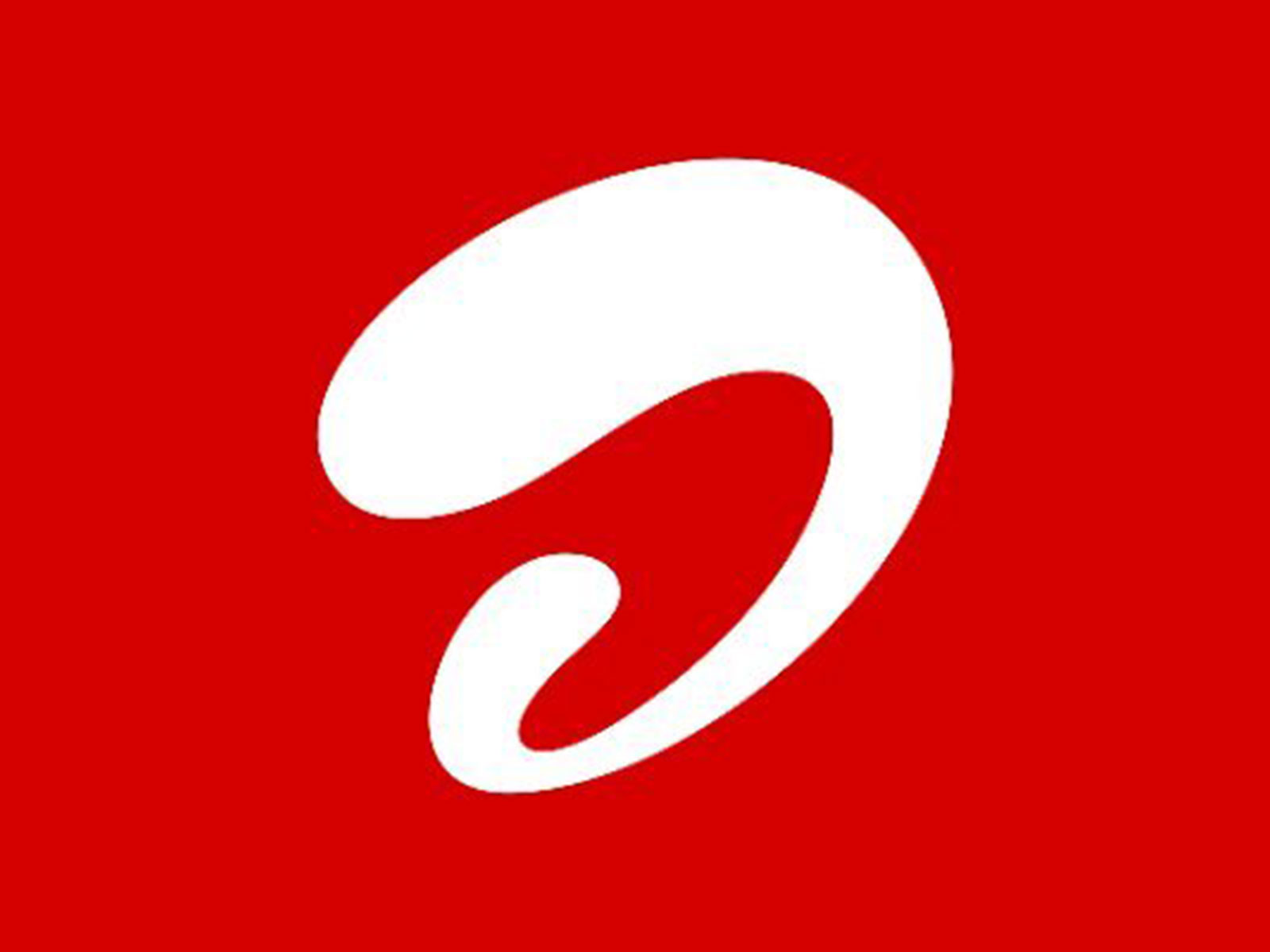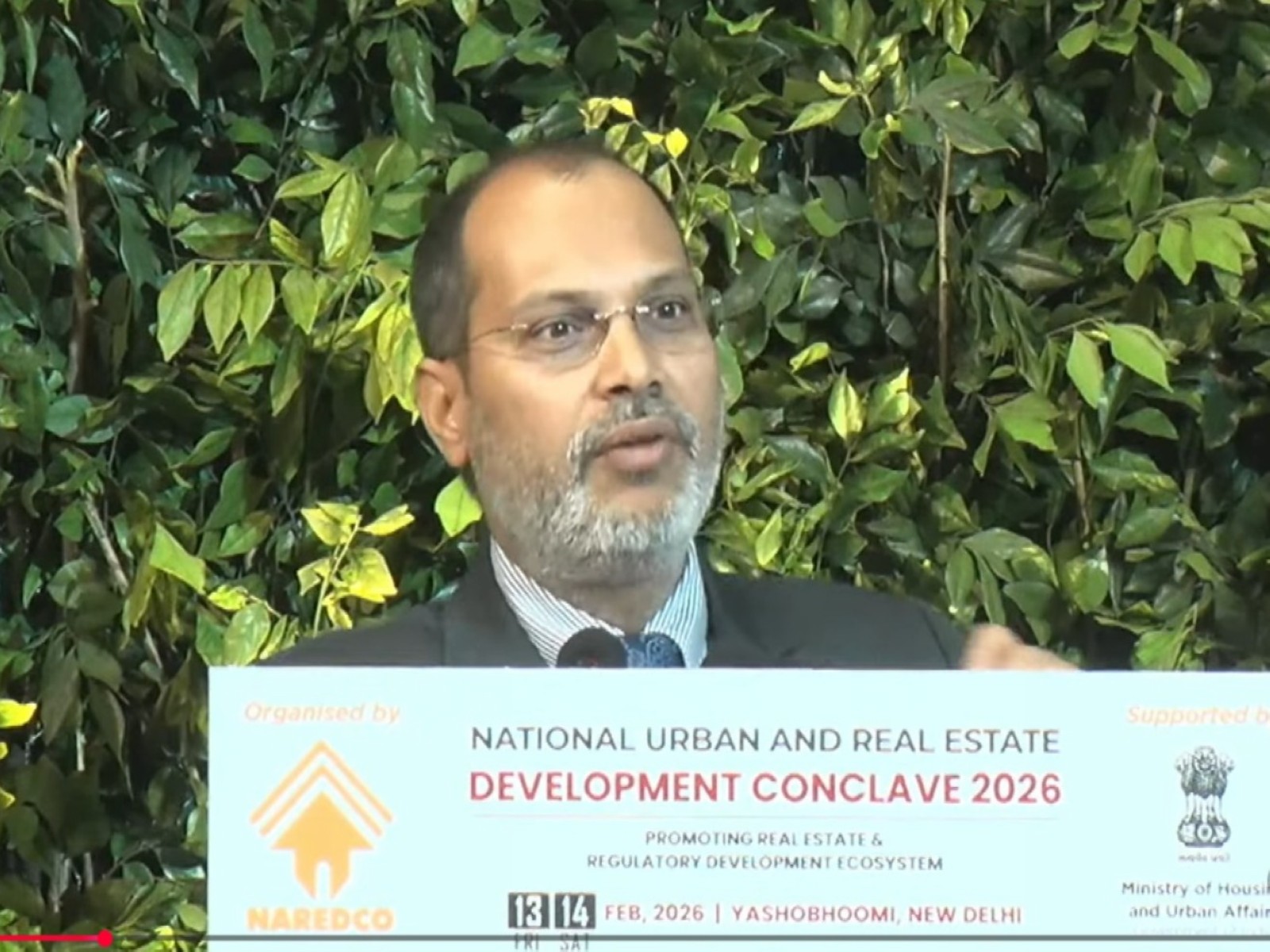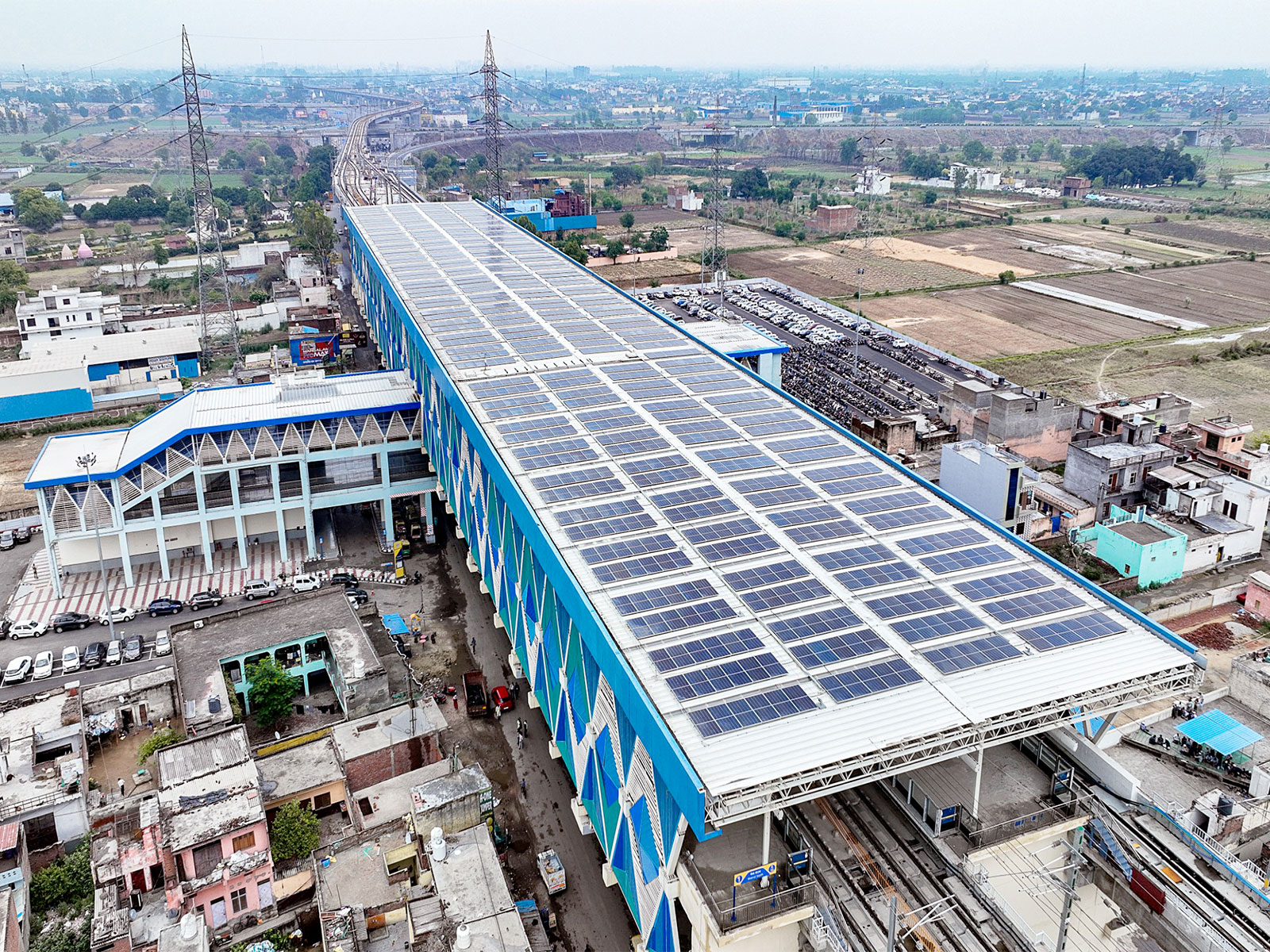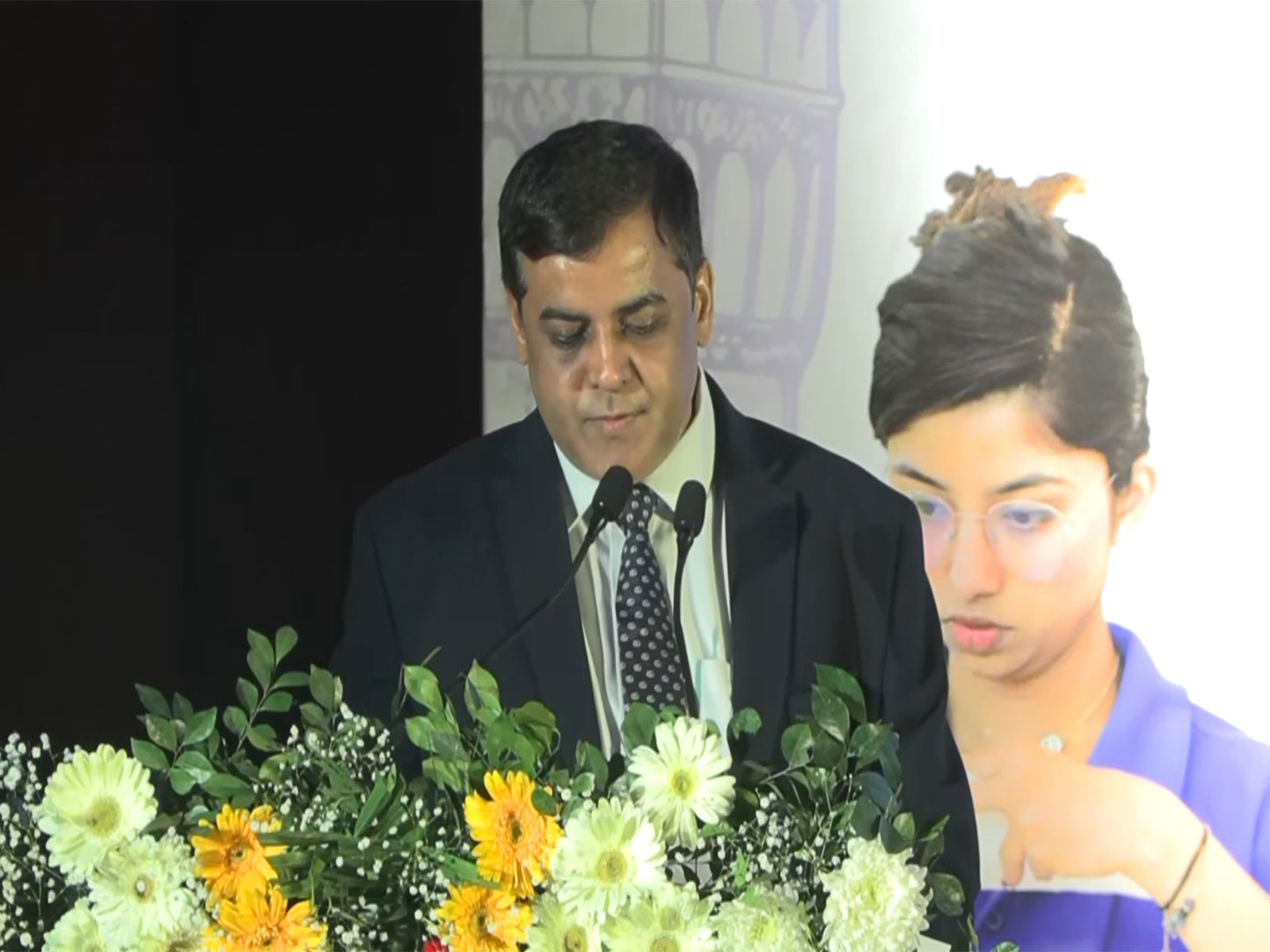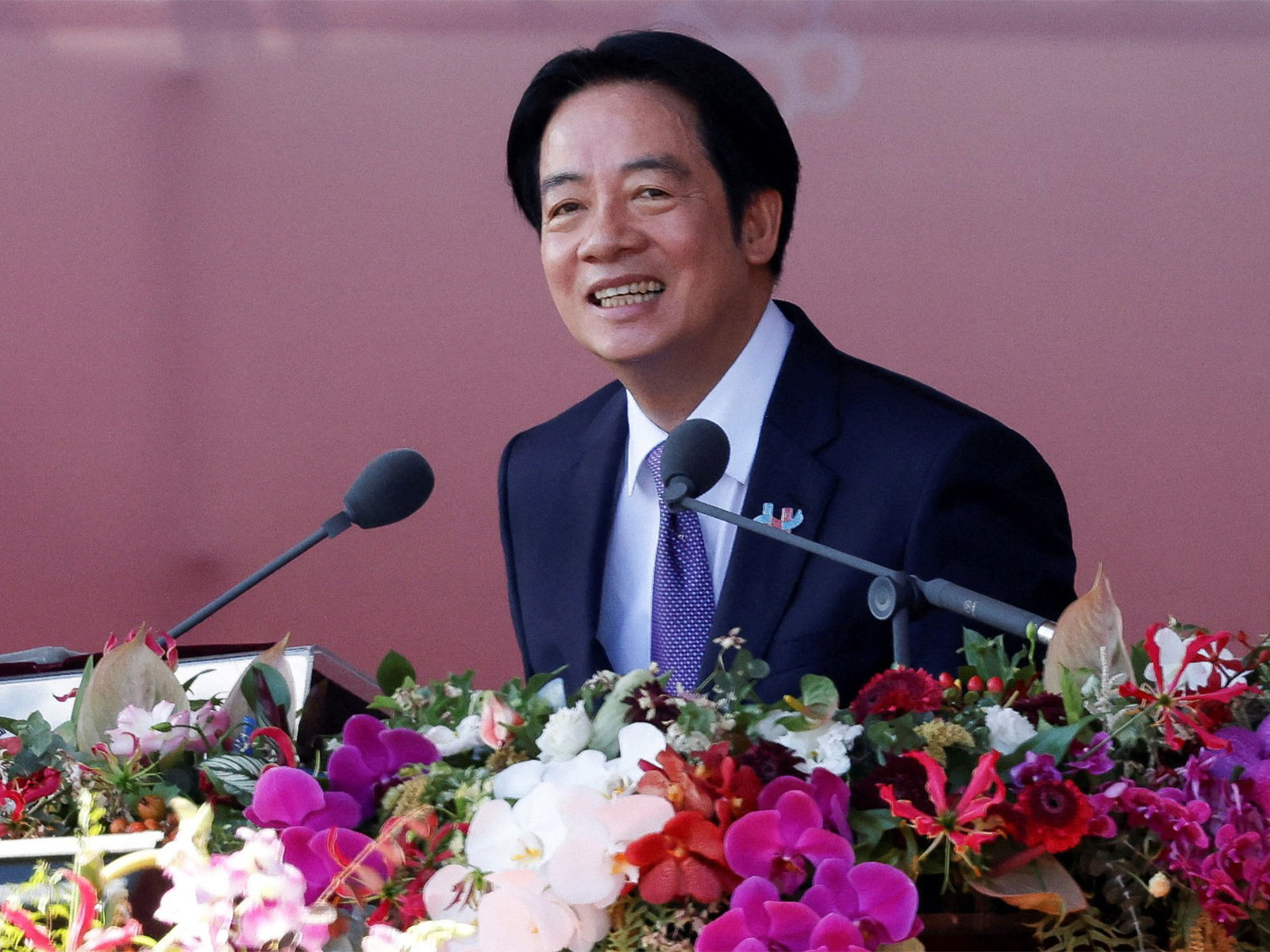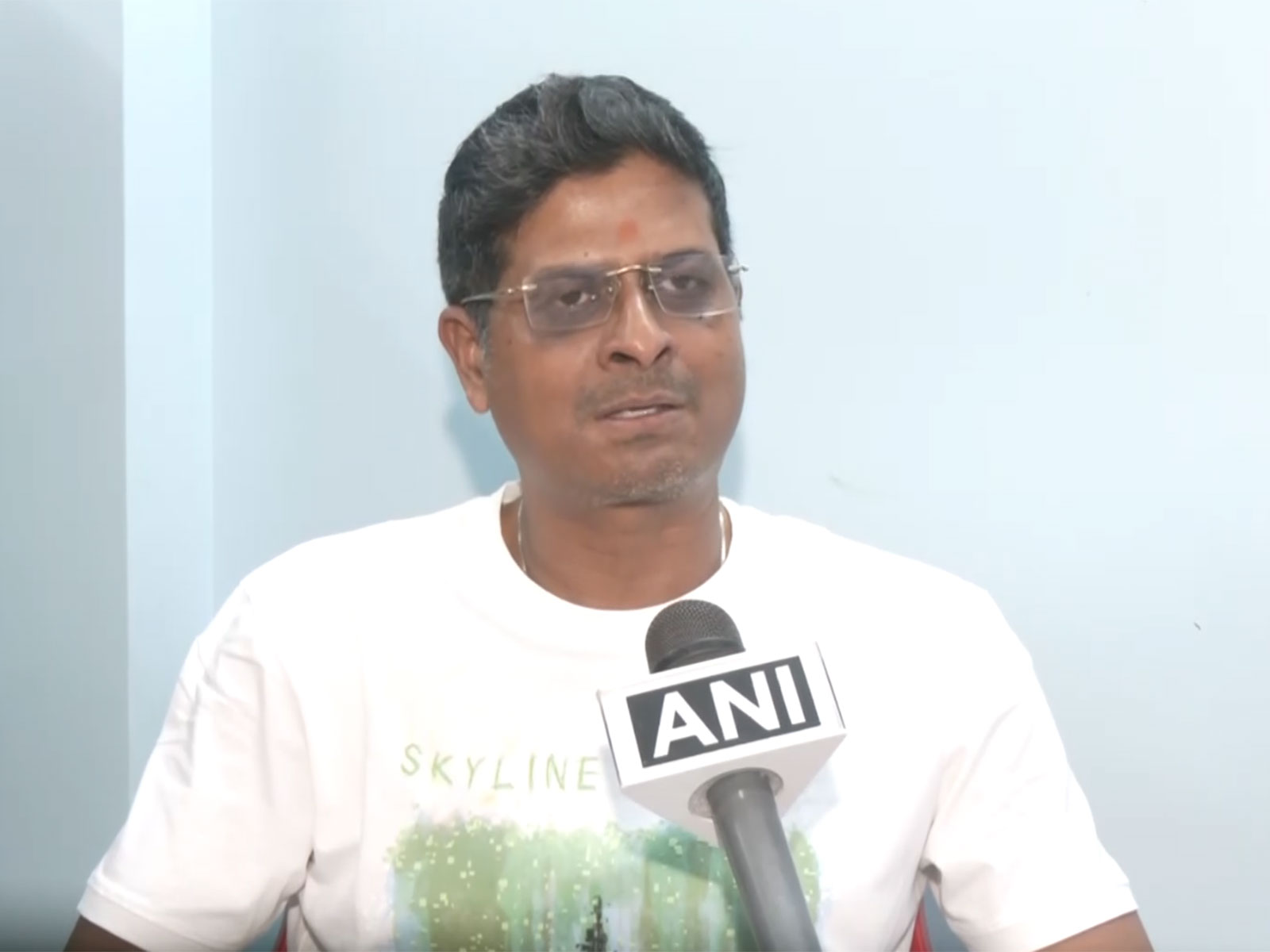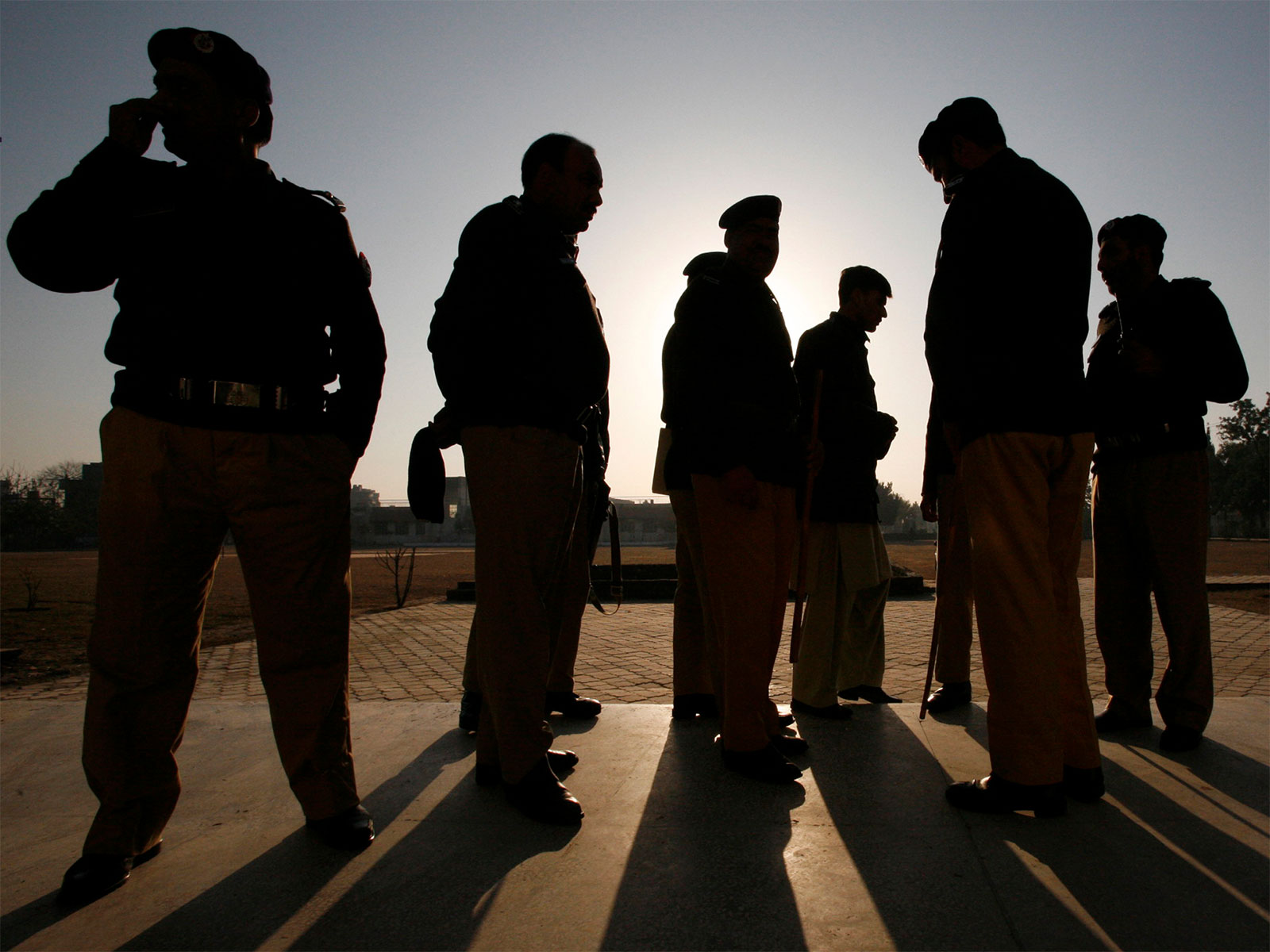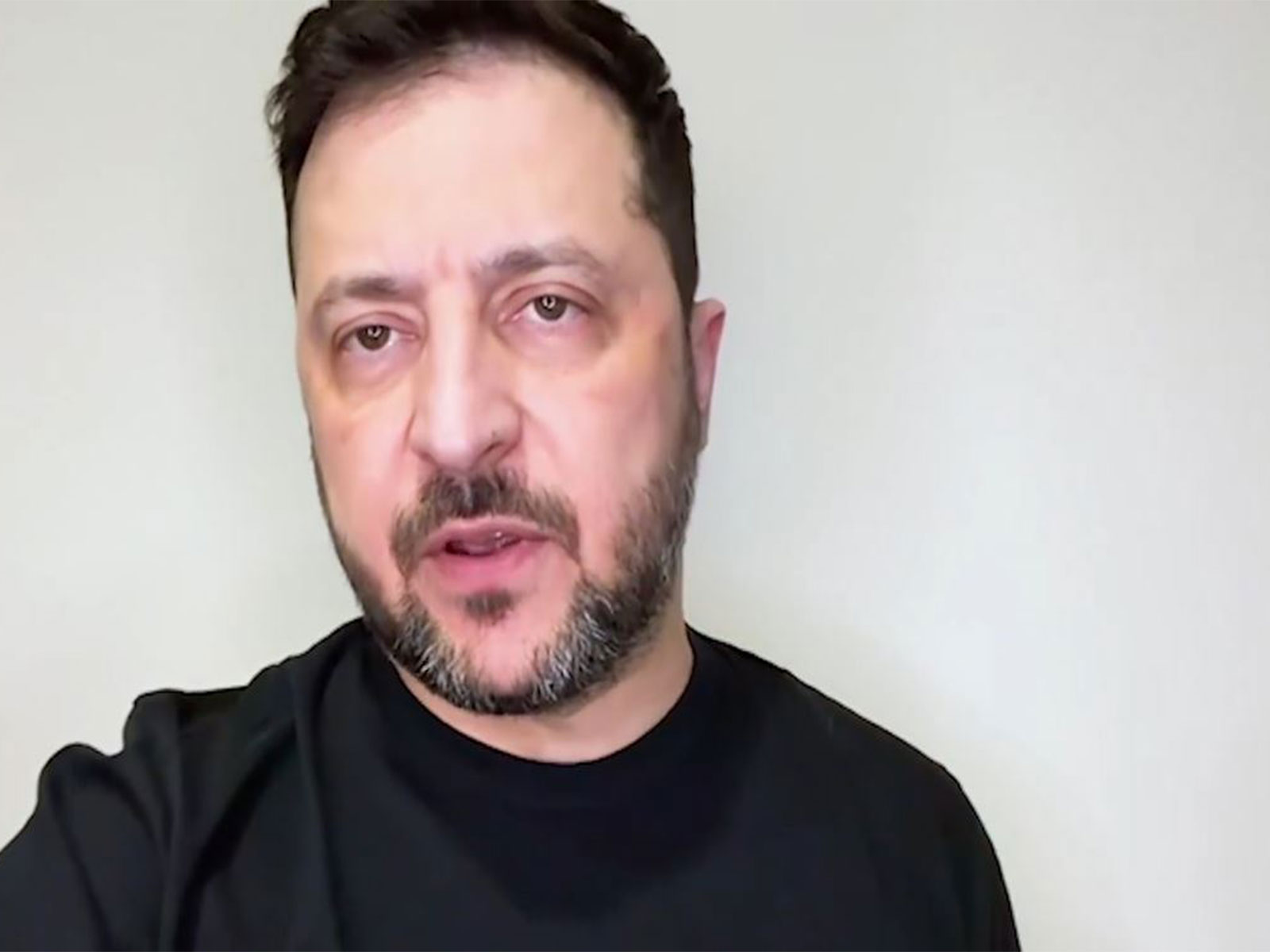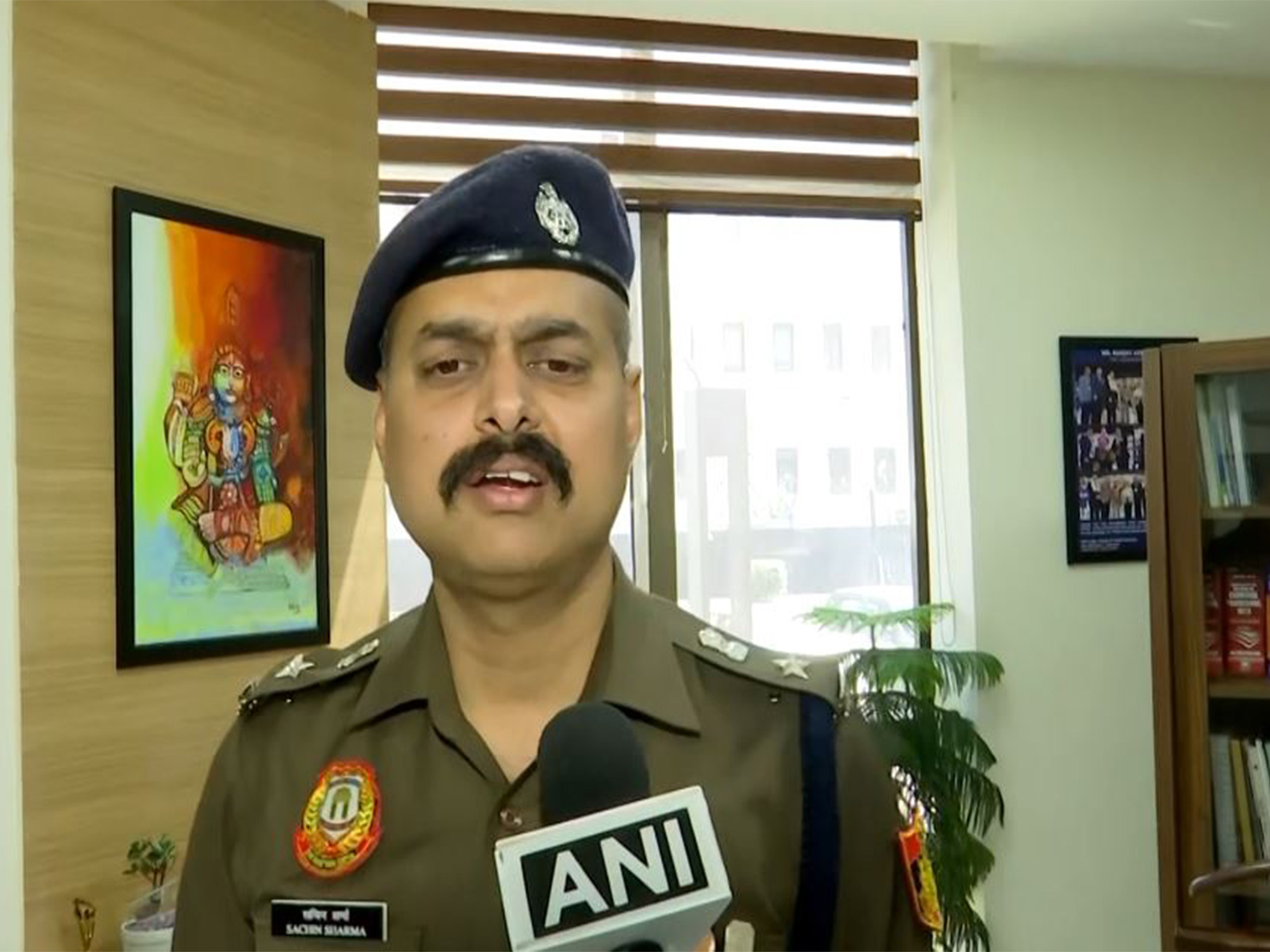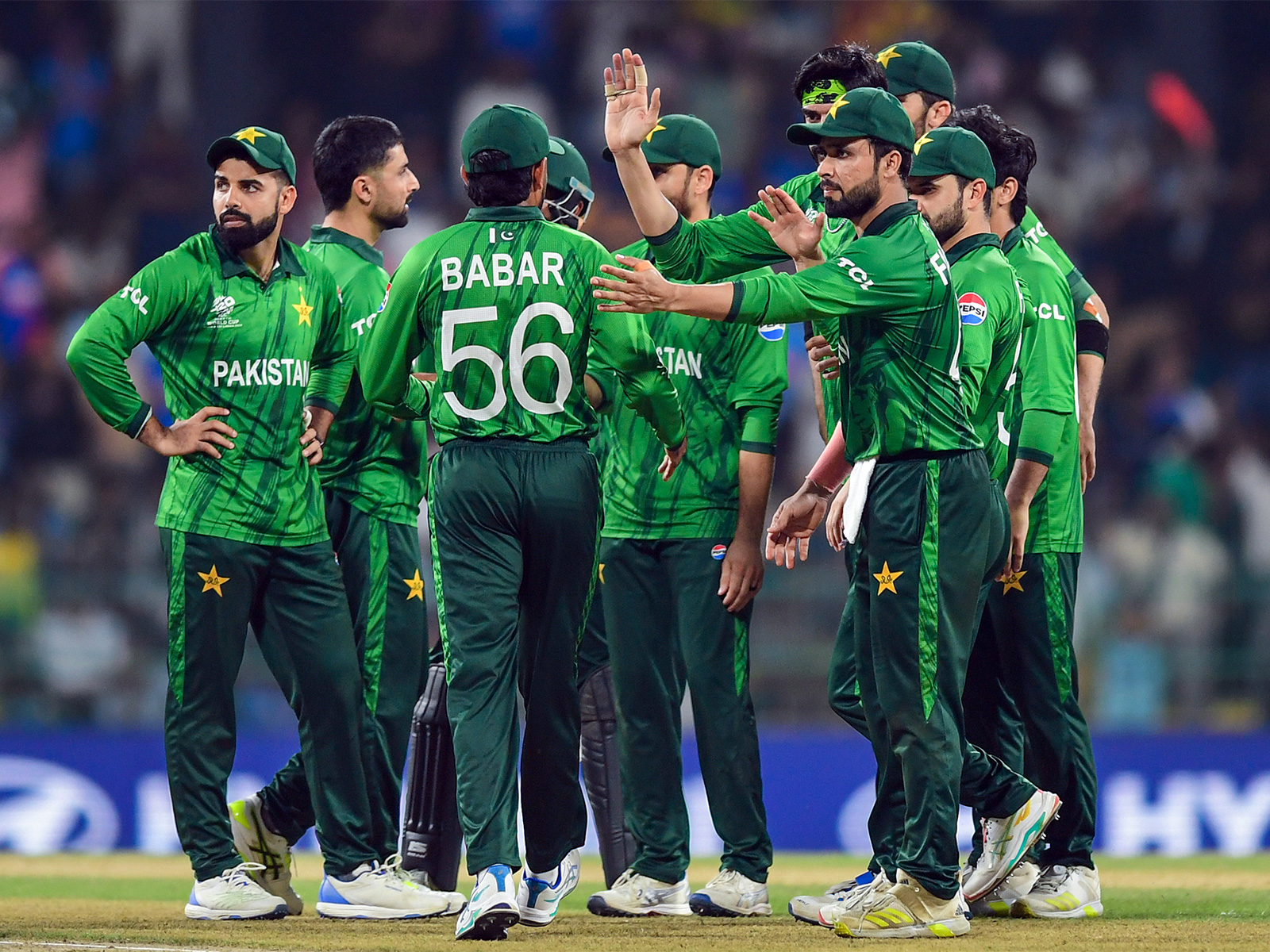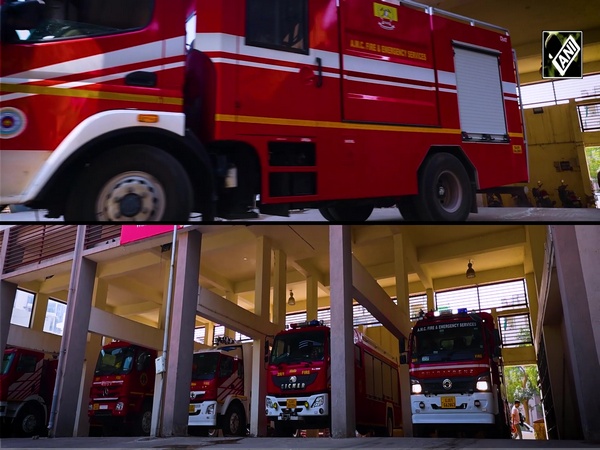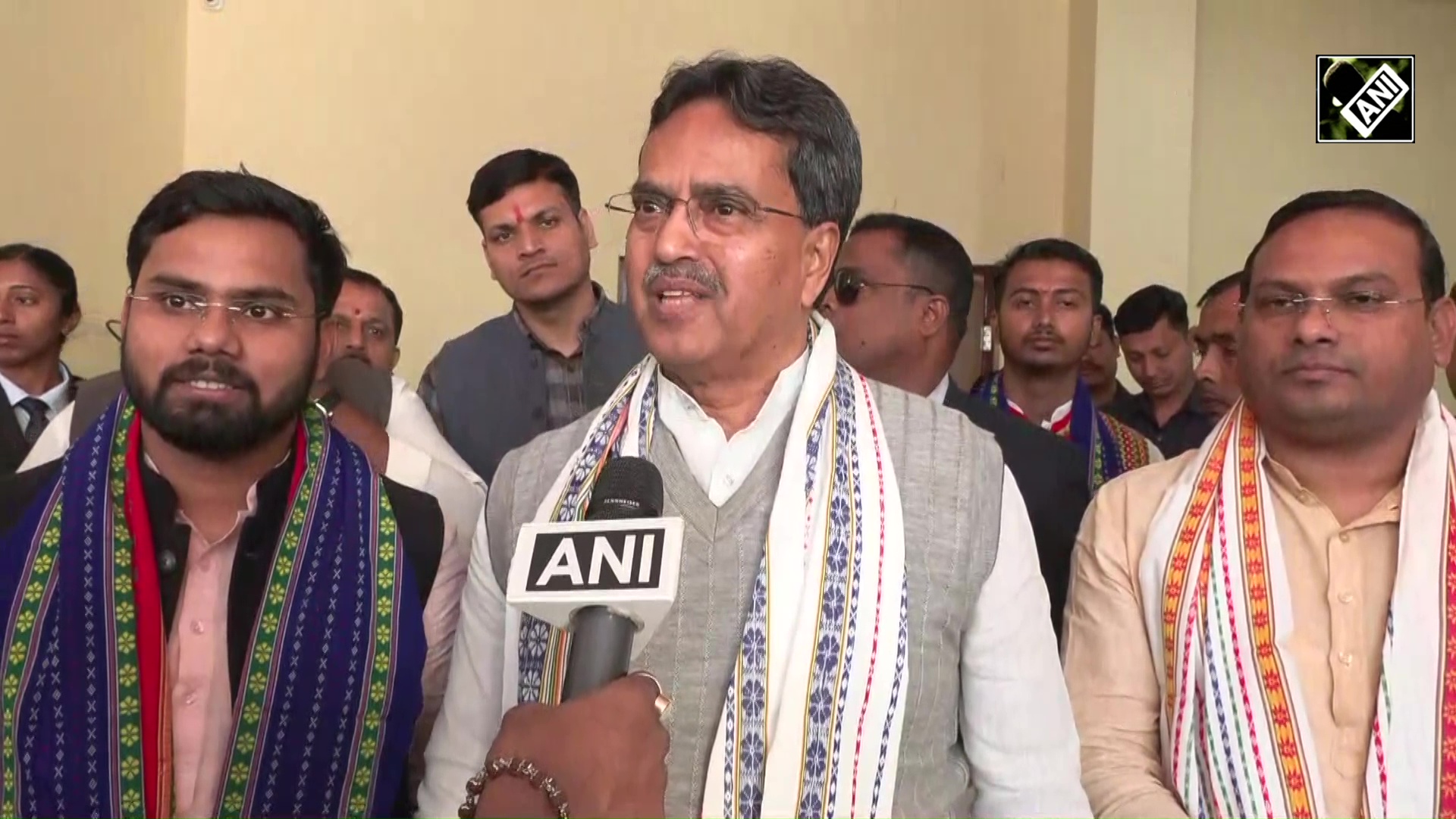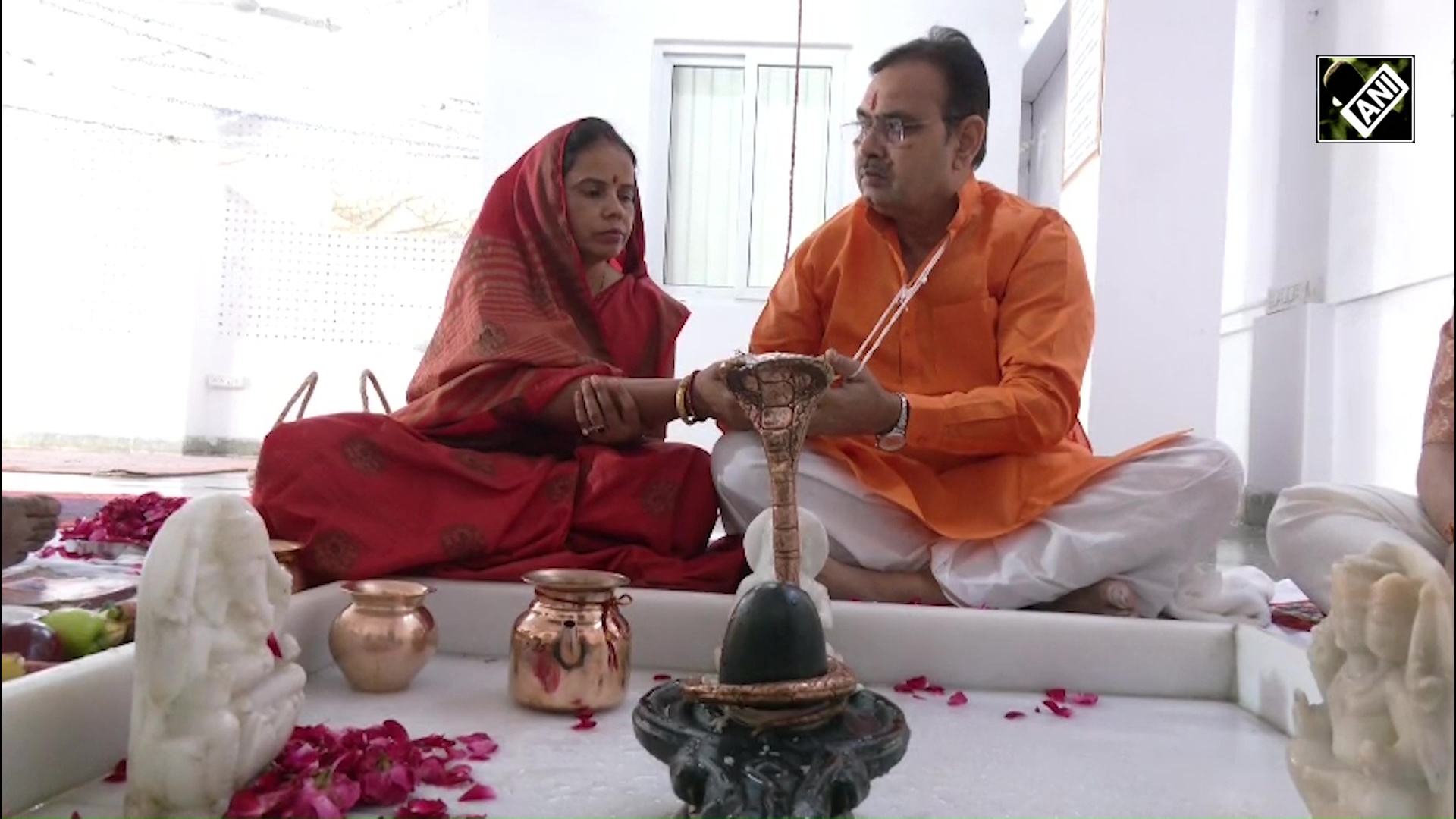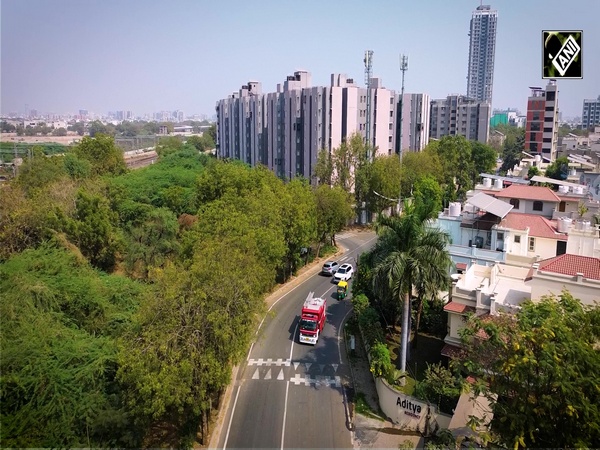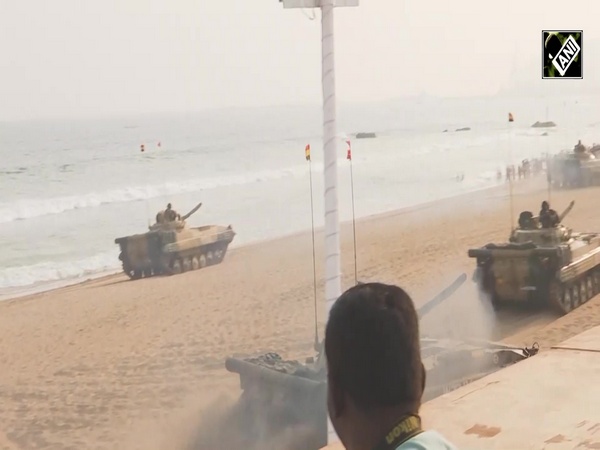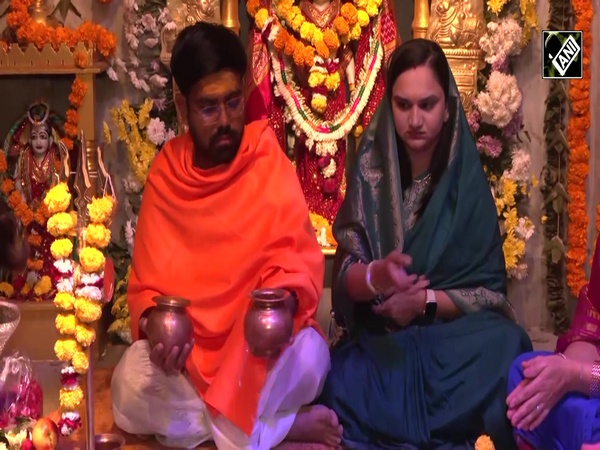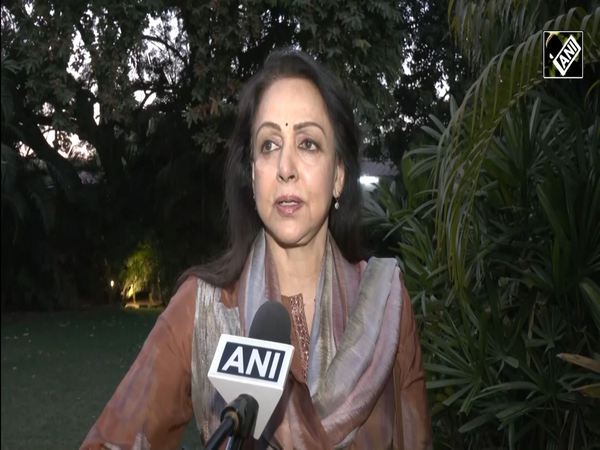Comprehensive Neurological Care at Jehangir Hospital, Pune
May 15, 2025

PNN
Pune (Maharashtra) [India], May 15: Stroke, a leading cause of premature death and disability, is on the rise due to demographic shifts and lifestyle-related risk factors. Most common in those aged 40-60 and above, it can affect anyone. Fortunately, effective treatments exist. Jehangir Hospital offers comprehensive diagnostic and therapeutic care for neurological conditions.
Dr Soumya Chandrashekhar, consultant accident and emergency department at Jehangir hospital said, " Jehangir Hospital's pre-hospital ambulance and Emergency Medical Services (EMS) provide efficient and timely care for stroke patients. I would like to emphasize that trained emergency physicians and stroke nurses are crucial in reducing disability and improving survival. Our acute stroke care pathway ensures fast, evidence based care. The World Stroke Organisation has awarded our stroke team for excellence in stroke care"
24/7 Neurological Care at Jehangir Hospital
Jehangir Hospital's Neurosciences department offers round-the-clock care and is renowned for treating stroke patients during the critical Golden Hour. The first 4.5 hours post-stroke are vital, with 2 million neurons lost each minute. Administering clot-dissolving injections within this window greatly improves survival and reduces long-term damage. In acute ischemic strokes, treatment must begin within 60 minutes of arrival.
Dr Sandeep Borse, Neurologist at Jehangir Hospital, says, "The majority of cases we see are patients aged 60 years and above. However, we also see many cases in the 30-45 age group, largely due to modern lifestyles. A brain stroke can also be hereditary in nature."
He further adds, "When an acute stroke patient arrives within the Golden Hour at the Emergency Room, a CODE STROKE is activated. A rapid neurological examination, CT scan, and MRI are conducted immediately, following which the decision for IV Thrombolysis is made. If the CT scan reveals a major vessel blockage, neuro intervention can be performed in time to remove the clot. We have achieved Thrombolysis in just 13 minutes (DTN) from arrival, which was the fastest thrombolysis conducted. At Jehangir Hospital, all staff members are trained to ensure rapid and effective treatment for stroke patients."
Jehangir Hospital houses a state-of-the-art Cath Lab, enabling specialists to perform minimally invasive neuro-interventional procedures. This advanced facility ensures precise and effective treatment for stroke and other neurological conditions.
Dr Anand Alurkar, Consultant Interventional Neurologist at Jehangir Hospital, explains,
"The Cath Lab is essential in stroke management, particularly for procedures such as Mechanical Thrombectomy, where we remove large clots using specialised devices. This technique is highly effective, with nearly 80% of patients experiencing early and significant recovery. Additionally, procedures such as Carotid Stenting and Intracranial Stenting help prevent major strokes in patients with minor strokes or Transient Ischaemic Attacks. Our advanced Cath Lab facilities ensure that stroke patients receive life-saving interventions at the right time."
The Cath Lab at Jehangir Hospital enables doctors to perform advanced neuro-interventional procedures such as Mechanical Thrombectomy to remove blood clots from blocked brain arteries, Carotid Stenting to restore blood flow by opening blocked carotid arteries, Aneurysm Coiling to block blood flow to brain aneurysms and prevent rupture, and AVM Embolisation to treat arteriovenous malformations and reduce the risk of bleeding in the brain.
Dr Prashant Khandelwal, Consultant Neurosurgeon at Jehangir Hospital, highlights the importance of immediate intervention in stroke cases, "The role of neurosurgery in stroke management is crucial, particularly in cases where patients require decompressive craniectomy or endovascular procedures. Time is of the essence--delays in treatment can significantly impact recovery outcomes. At Jehangir Hospital, we ensure that every stroke patient receives rapid, evidence-based care, which significantly improves their chances of leading an independent life post-recovery."
Vinod Sawantwadkar, CEO of Jehangir Hospital, emphasises the hospital's commitment to neurological care: "At Jehangir Hospital, we take immense pride in our ability to deliver world-class neurological care, backed by cutting-edge technology and an expert medical team. Stroke care, in particular, demands speed, precision, and coordination. Our CODE STROKE programme and our dedicated team have enabled us to provide swift and effective treatment, saving lives and ensuring better long-term outcomes for patients. We remain committed to innovation and excellence in neurological healthcare, ensuring that every patient receives the best possible care at the right time."
Neuro Rehabilitation
Jehangir Hospital's Neurorehabilitation Team offers comprehensive assessment and therapy for cognitive and physical disabilities across a range of neurological conditions, including stroke, traumatic brain injury, epilepsy, Parkinson's disease, multiple sclerosis, and other movement disorders.
Prevention is Better Than Cure
In India, stroke and stroke-related dementia are on the rise due to lifestyle-related risk factors like diabetes, hypertension, high cholesterol, poor sleep, and smoking. Stroke cases among young people have increased by 12%, often resulting in long-term neurodisabilities.
Jehangir Hospital's rehabilitation department adopts a holistic approach to stroke prevention through awareness sessions, physical fitness testing, and stress profiling. The addition of the advanced Cath Lab further strengthens the hospital's position as a leading center for neurological care, offering cutting-edge interventions for stroke and neurovascular conditions. For more information, please visit: https://www.jehangirhospital.com/
(ADVERTORIAL DISCLAIMER: The above press release has been provided by PNN. ANI will not be responsible in any way for the content of the same)
